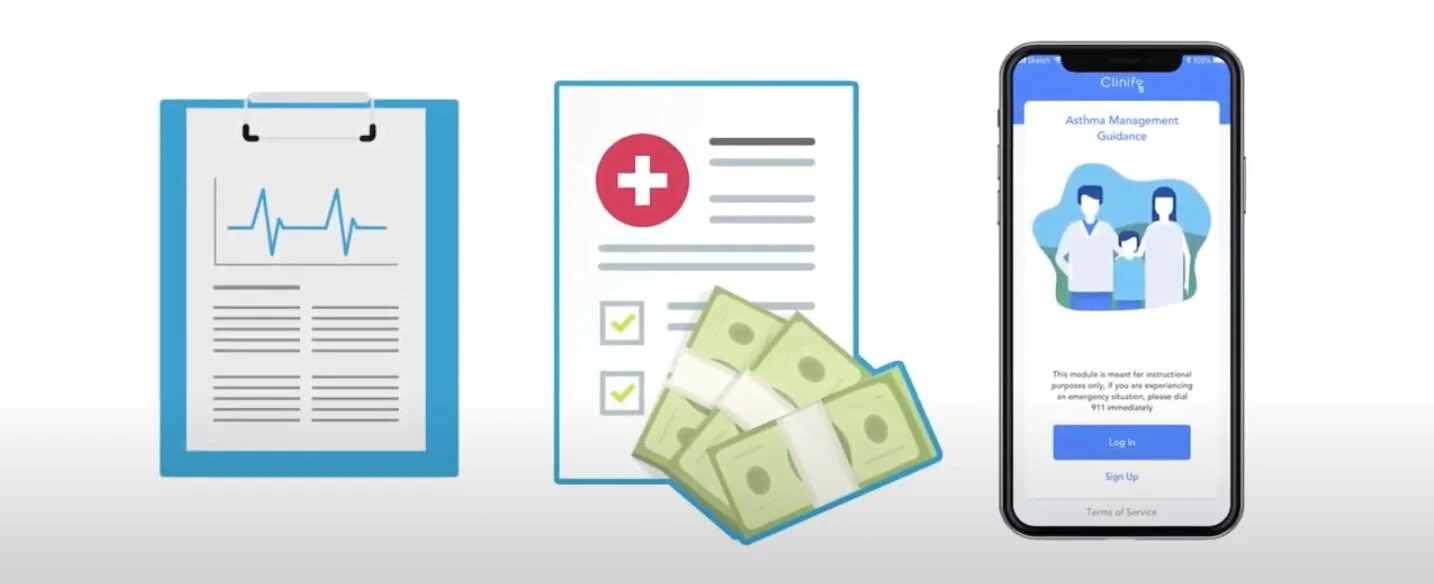By Tasha Seitz and Elizabeth Coston McCluskey
Healthcare represents 18-20% of GDP in the US, and $1 out of every $6 spent on healthcare is through Medicaid programs that serve 75 million individuals in low-income households (almost $600 billion in fiscal 2018). Regulations and the Centers for Medicare and Medicaid Services are shifting the system towards value-based care, and providers will have to adapt or drop out of the system.
The transition from fee-based to value-based care has not taken place in underserved communities where many patients are covered by Medicaid and Medicare. Value-based contracts still only represent 20-30% of the market, and adoption has come primarily from large physician groups that have the capital to invest in technology, quality experts, and customized interoperable technology platforms. 57% of the market opportunity lies outside of these large provider groups.
Physicians are time-strapped and likely to treat patients for acute symptoms and thus overlook other underlying common chronic conditions and prioritize preventive services at a population health level. Physician practices managing multiple value-based plans can find it challenging to determine which plans prioritize which cost and quality measures for which patient, and when there are more than two recommended measures per patient, compliance drops to 20%. In addition to the challenges of effectively managing patient encounters, the process to get reimbursed under value-based care programs is cumbersome, and it can take up to six months for providers to be paid for their services.
Solution
Clinify Health supports providers and practices in underserved communities to transition from fee-for-service to value-based care by automatically risk stratifying a practice’s patient population, guiding medical staff as to which patients they should be proactively reaching out to, and providing recommendations to physicians on what actions to take during their patient engagements based on the cost/value of services in addition to clinical utility. Clinify is embedded in clinical workflows through the electronic health record; it pulls clinical data and compares it to value-based contracts to see what services to provide to the patient as part of a complete check-up based on that patient’s needs. In the future, Clinify will enable immediate verification of contract milestones and improve the cash flow cycle for providers serving Medicaid patients.
Why We Invested
Physician practices have been hit hard both emotionally and financially during the COVID19 pandemic, which has had a disproportionate impact on underserved populations. Keeping providers in business and serving their local communities is critical, and Clinify is aimed at supporting these practices to deliver high-quality care, in a cost-effective manner. With the drop in fee-for-service revenues due to the pandemic, there is a near-term opportunity to aid provider groups in shifting to value-based care contracts. Clinify’s recommendations are based on state-by-state guidelines and can give guidance on a contract-by-contract basis across multiple payers, and the company’s business model aligns values and incentives across key stakeholders.
The founding team at Clinify reflects the community the company aims to serve and has deep experience in healthcare, including primary care, value-based care and Medicaid populations. The team also has strong connections to payers, who are interested in accelerating the shift to value-based care but have struggled to get providers on board.
Impact
By enabling physicians serving Medicaid patients to transition to value-based care, we believe that Clinify will improve outcomes for patients while reducing overall healthcare costs and improving the financial viability of physician practices in underserved communities. Access to quality care is an important dimension of health equity, and Clinify will assist physicians in identifying high risk patients and proactively reaching out to those individuals to ensure they are receiving the appropriate care. The company will track quality metrics that are foundational to longitudinal care (for example, BMI and A1C for diabetic and pre-diabetic patients). In the longer term, we expect Clinify to reduce emergency visits, increase post-discharge follow-ups, and lower the overall cost of care.
Want more updates on Impact Engine’s latest investments? Sign up for our newsletter, sent to your inbox each month.

